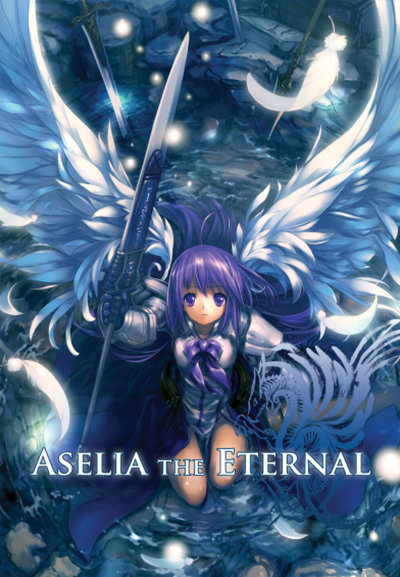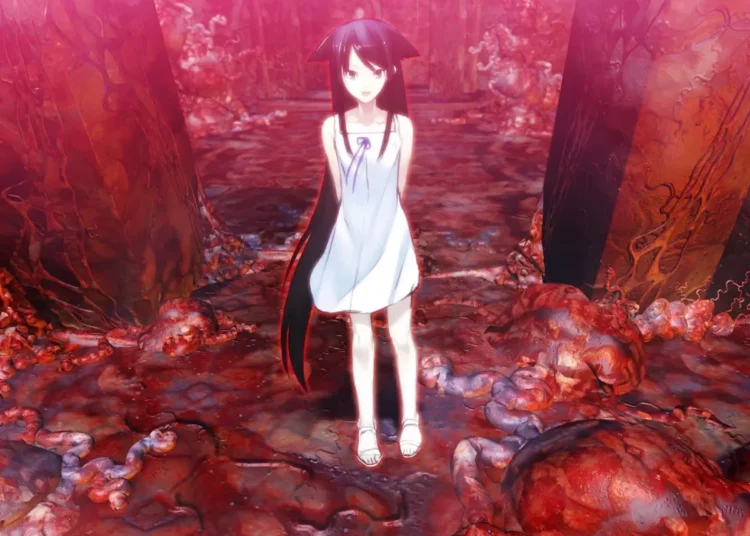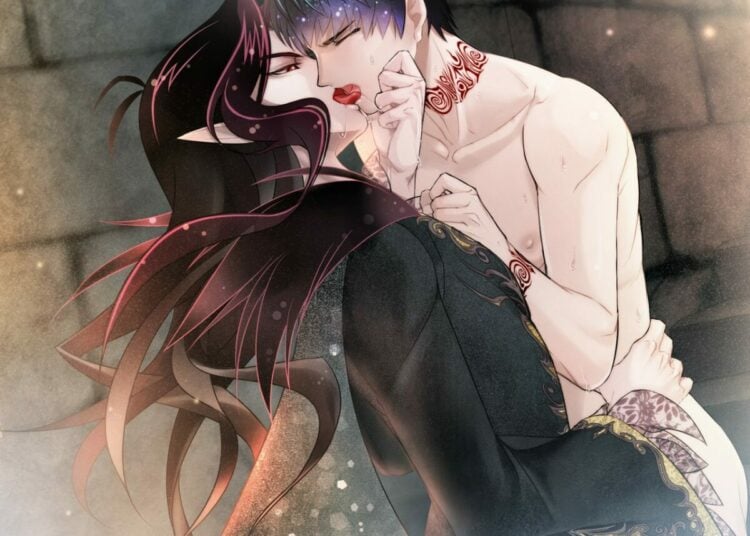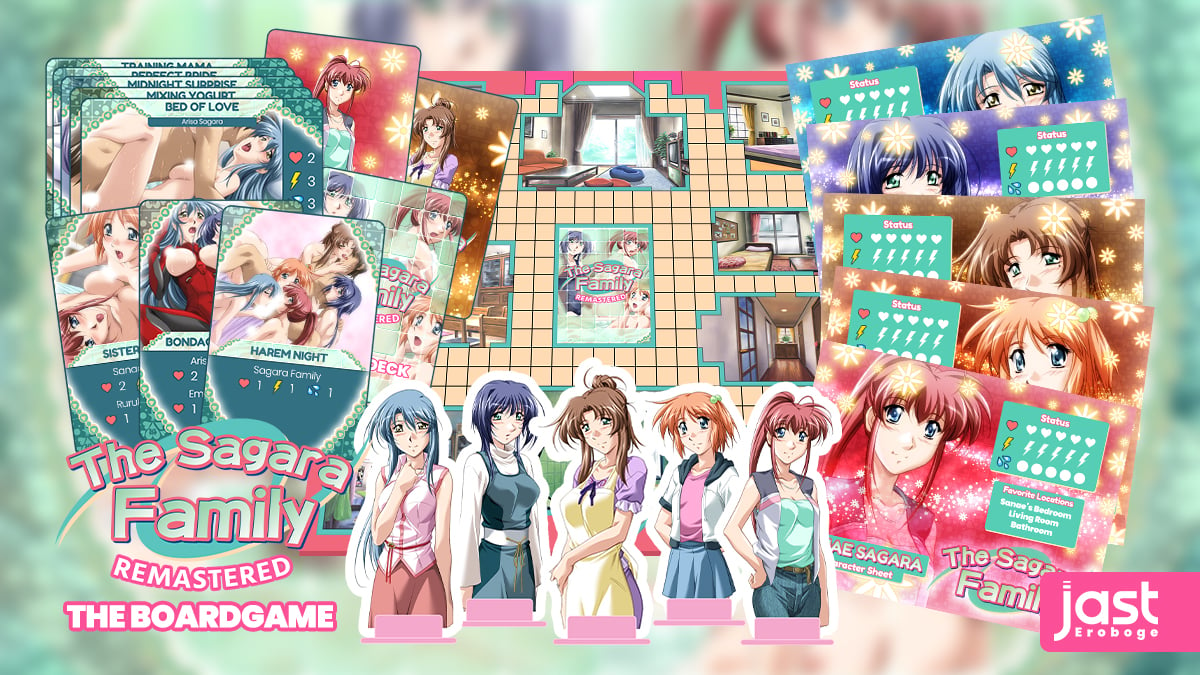 Ever have one of those weeks? You know the kind. Where you spend a bit of time listening to your adorable little sister play the flute, oversleep constantly, get cast as the lead in your class play, and hear voices in your sleep beckoning you to a destiny you have repressed the memory of?
Ever have one of those weeks? You know the kind. Where you spend a bit of time listening to your adorable little sister play the flute, oversleep constantly, get cast as the lead in your class play, and hear voices in your sleep beckoning you to a destiny you have repressed the memory of?
I think we’ve all been there once or twice in our lives.
Aselia the Eternal is a visual novel/JRPG style game with elements of tactical strategy thrown in for good measure. It follows the story of Yuuto, a young man who views himself as cursed. Not only did his birth parents die but so did his adoptive parents, leaving him and his adoptive sister, Kaori, to fend for themselves. During the prologue, we see Yuuto as someone trying desperately to keep his life together despite taking on the financial responsibility for himself and Kaori. He is exhausted and fraying at the edges, stretched too thin and terrified that even the slightest misstep could spell ruin for his little family.
That is to say, he’s highly relatable at this point in the story.
Soon he is transported to another world by an entity he only knows by a single name: Desire. This entity saved Kaori’s life years before at Yuuto’s request, requiring his service for a vaguely worded task at a later date. When that day arrives, Yuuto is thrust into a new world where he is promptly stabbed in the gut by a beautiful woman and left for dead, only to be saved by a second, equally beautiful woman a few moments later.
The story follows a lot of the isekai story beats that we’ve come to know so well over the years. Yuuto is dubbed an “Etranger”, a warrior capable of turning the balance of power between nations. As the royal family of Rakios holds his sister captive, he must lead their troops into battle against a variety of threats. He makes friends, enemies, and finds love along the way, largely depending on the player’s choices.
A fish out of water tale unravels, with parallels to our own world that are plain to see. The struggles with adapting to his new world are explored, including a very in depth look at the language of Rakios. I mean, really in depth. There is a grammar quiz and everything. The story has a fair number of twists and goes to great lengths to explore the relationships between Yuuto and the young women he fights alongside.
The gameplay and combat are what helps set this visual novel apart, with a combination of Fire Emblem-esque tactical troop movements and turn-based JRPG combat helping you get through the different trials Yuuto encounters. The combat can be unforgiving in its difficulty, forcing the player to take a “trial and error” approach to some of the more in-depth fights, but none of it is impossible, if you have a bit of patience.
Of course, being an isekai story, there is an element of romance, with several of the young women available for wooing. Yuuto’s relationship with them is determined by both his choices in the dialogue portions of the game as well as how much time he spends fighting beside each potential partner.
There are nine total endings to unlock; seven linked to a successful courtship, one “bad” ending for when you inevitably screw up all of said courtships, and one that is unlocked when you’ve experienced each of the first seven. At around fifty hours for the first playthrough and thirty to forty for subsequent ones, getting that secret ending takes a sizeable investment of time which might not be on everyone’s agenda, but it is there for the die-hard fans to unlock.
There is a lot of fun to be had with Aselia the Eternal. The ability to customize your roster of characters to suit your needs and playstyle with a wide variety of skills to unlock is attractive to the strategist in me, as is the wide variety of potential romantic partners and the stories that come with them. While the art and interface are certainly dated at this point (the game was originally released in 2011, after all), there’s a lot of story to play with.














